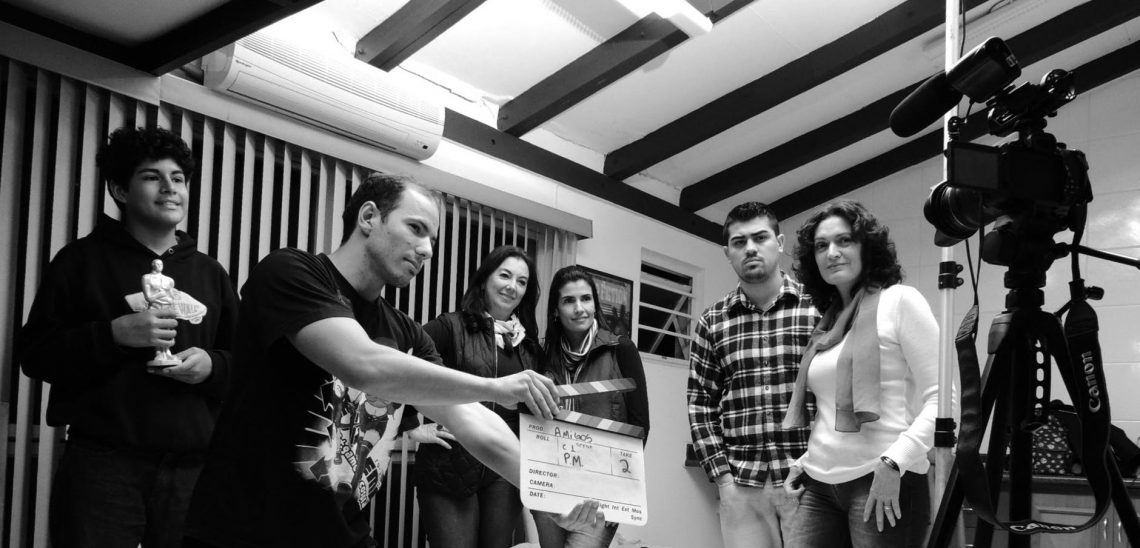The theatre and production industry is widespread, whether you are a school drama teacher, community theatre director or large scale production manager, safety on stage, behind the scenes and in the theatre is a priority. It is essential to implament fall prevention training and ensure that all participants and employees are educated and aware of the risks involved. We have all heard of the horror stories where a cast member is hurt on stage, or something goes critically wrong behind the scenes and causing harm. This article will go through some basics and steps on how to be safe and secure in stage and theatre productions, no matter what scale.
1. Know the gear and equipment in use and obtain proper training to utilise it.
It’s crucial that you understand how to utilise and keep your theatre equipment system functioning safely and correctly, mainly if it’s a counterweight rigging system. If you do not know how that system functions and how to safely operate it, you are only moments from something going wrong. This is a risk you want to eliminate. Find someone who is an ETCP-certified theatre rigger to come in and assess your rigger and show you the appropriate procedures. Understanding necessary equipment such as lighting, audio, curtain control and any under stage platforms and trap doors is also essential. Assign responsible adults or stage staff to operate machinery, never let children play with or operate sophisticated equipment.
2. If your pupils are utilising stage aspects or gear, make sure it is age appropriate and ability level appropriate.
Teach pupils how to perform jobs that are acceptable for their age and ability capability. As an instance, younger pupils running a counterweight system may not be a good idea. However, they can help with moving light props on and off stage or help with pressing buttons and controlling lighting.
3. Use props, gear, and straps which are created for theatrical purposes.
Purchase from a theatrical provider. The hardware that you purchase in the regional big-box shop isn’t meant for theatrical use. Search for domestically produced trusted brands in the industry, as cheaper parts from overseas may be inferior and prose as a safety threat. Investing in quality components is a must and worth the money. Cheap props can be torn and damaged, source from a theatre costuming specialist.
4. Little spaces still have security rules.
Ensure exit routes are apparent. In the event of an emergency, all individuals present should know the appropriate exits and emergency procedures. Ensure there is an unobstructed passageway for members of the audience as well as performers and team members to evacuate. Before a show or rehearsal, run a quick safety session to point out exits and go over necessary evacuation procedures and regular slips trips and fall prevention, so everyone is on the same page. Make sure your collections and drapes in your theatre are flame-retardant. It is possible to purchase products that combine with paint for places, or even a flame-retardant spray to coat your curtains. Ensure there are no hazards on stage and backstage, keep dressing rooms clean and tidy and hallways clear.

5. Do not forget rehearsal security.
Your rehearsal space ought to be clean and appropriate for the group and production size. It is a hazard to rehearse in confined spaces, ensure the area is ventilated and the floor surface is suitable. If children are involved, ensure they have regular breaks and plenty of food and water to keep going as they can be easily irritated and have trouble focussing for extended periods of time.
6. Mental health and safety is also critical.
Ensure your students/cast members and staff are all in good spirits and not overly stressed. Some performers can be sensitive to pressure and stress, ensure they are encouraged and provide criticism productively and sensitively. You can run de-stressing sessions or appoint a mindset coach to assist in keeping everyone positive. Life coaching and mentoring programmes are a great way to increase morale and avoid stress in theatre.
7. Make your workshop safe.
Most theatre productions also involve a workshop or art studio to create sets and props. Ensure these spaces and safe and supervised. Usage Goggles, wear closed-toe sneakers and use gloves for handling substances. Avoid loose clothes and tie hair back when in the workshop. Take care when using power tools and other equipment. Clean up after projects and keep paints and other craft material stored in appropriate storage.

